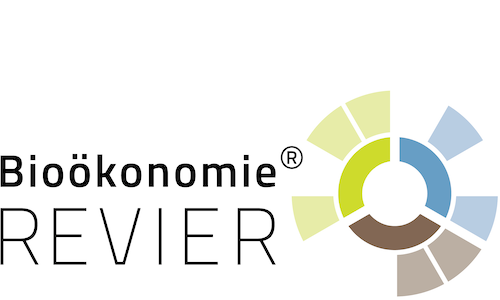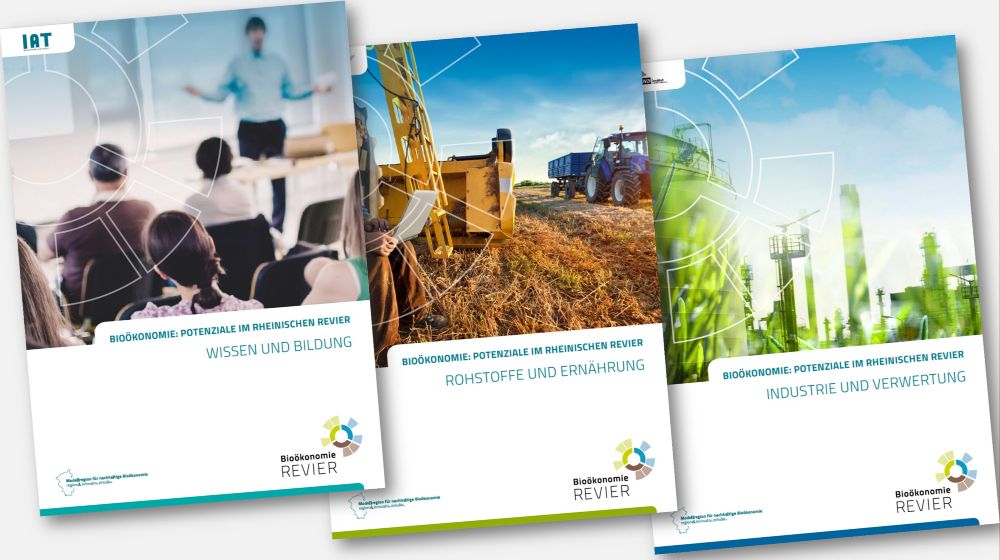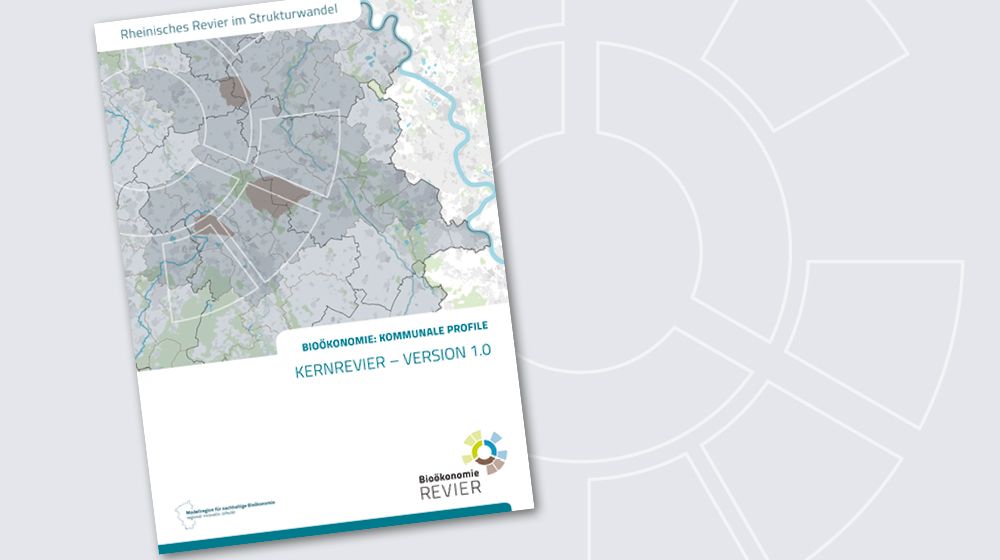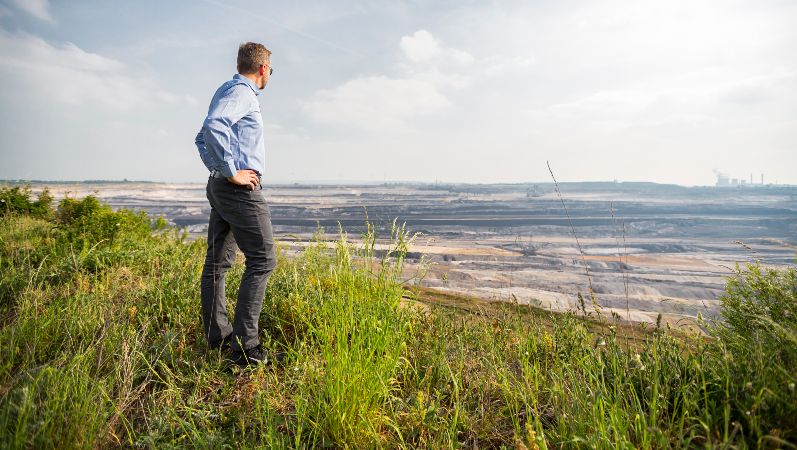A region heading towards bioeconomy
The Rhenish miningregion is one of the largest lignite regions in Europe. It is particularly affected by the advancing climate change and the resulting climate targets and lignite phase-out of the German government. Businesses and society are confronted with additional necessities for transformation. Innovation and sustainability approaches are particularly crucial in environmental protection and mobility.
As part of the German government’s emergency program for the lignite phase-out, the Rhenish mining region is totransforminto a model region for sustainable and circular bioeconomyshowcasing resource-efficient and sustainable business practices.
The coordination office BioökonomieREVIER is located at ForschungszentrumJülich and is developing a regional strategy together with local stakeholders. First innovative approaches for bio-based value chains are already implemented in practice.

11.06.2019
Plant researcher Ulrich Schurr addresses the potential role of bioeconomy for structural change and regional development
Transitioning from lignite mining to a bioeconomy
The use of fossil-based raw materials were a driver for progress and prosperity in large industrialized economies. However, the use of these raw materials was accompanied with tremendous ecological consequences and are becoming more and more threatening. Consequently, Germany has been preparing the phase out of lignite mining. In 2022, it is planned to shut down the first power plant units in the Rhenish mining region.
How does the phase-out affect a region? What does this mean for a region that has traditionally been characterized by the energy source "lignite"? The Rhenish mining region is at the same time one of Europe's favorable regions for sustainable and productive agriculture, characterized by a very strong food industry, surrounded by markets requiring food and sustainable raw materials for the chemical industry.






